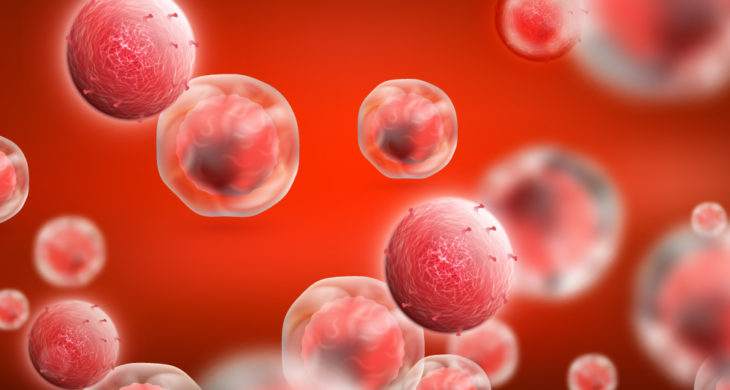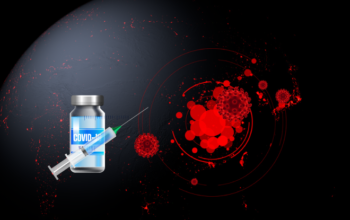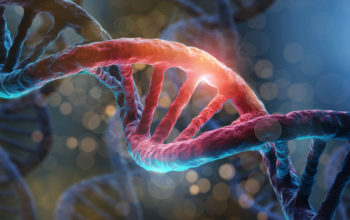
Date: 9th September 2020
Chimeric antigen receptor (CAR) T cell therapies are part of the next generation of ‘living’ drugs designed to treat cancer. Now Caribou Biosciences will start a Phase 1 trial with their off-the-shelf allogeneic anti-CD19, genome-edited CAR-T cell therapy for patients with relapsed/refractory B cell non-Hodgkin lymphoma (B-NHL).
Caribou Biosciences is a biotech company, based in Berkeley, US, and is a pioneer in the revolutionary field of CRISPR-Cas genome editing. Founded by scientists from the University of California, their aim is to drive the commercialisation of applications based on CRISPR systems and they are developing an internal pipeline of off-the-shelf allogeneic CAR-T cell therapies and genome-edited natural killer (NK) cell therapies.
Caribou announced yesterday that the U.S. Food and Drug Administration (FDA) had cleared its Investigational New Drug (IND) application for CB-010, and upon initiation of the ANTLER Phase 1 trial, it will be Caribou’s first clinical-stage product candidate.
CB-010 is manufactured from healthy donor T cells, and is designed to target CD19, an antigen restricted to the surface of B-cells. To date all approved CAR T cells therapeutic agents rely on this targeting strategy, such is the success of this approach that scientists have turned to manipulating non B-cell cancers, such as solid tumours, to express CD-19 in order to utilise CD19-directed CAR T cells.
Genome editing is used to remove the endogenous T cell receptor and to allow the cells to produce synthetic receptors on their surface – chimeric antigen receptors (CARs) – here that recognise CD19. This reduces the risk of graft-versus-host rejection and targets the therapy to the B-cells.
Where CB-010 differs from most, is that the critical checkpoint gene, PD-1, has been deleted by CRISPR genome editing. Currently, T cells responding to cancer or chronic infection often acquire an ‘exhausted’ state associated with elevated expression of inhibitory receptors and gradual loss of effector function. This dysfunctional state limits the efficacy of CAR T cells therapies over time. PD-1 is an important determinant of the outcome of the T-cell response, regulating the balance between effective host defence and immunopathology. Exhausted T cells have an increased expression of PD-1, which when blocked restores T cell effector function. Caribou believe that CB-010 lacking expression of PD-1 will offer a crucial therapeutic advantage.
Caribou’s genome-edited cell therapies hold tremendous potential for patients and they are eager to begin clinical studies for CB-010. B-NHL comprises multiple serious and life-threatening diseases, and CB-010 therapy has the potential to extend lives and improve patient health.
For more information please see the press release from Caribou Biosciences or find them on our synthetic biology map


